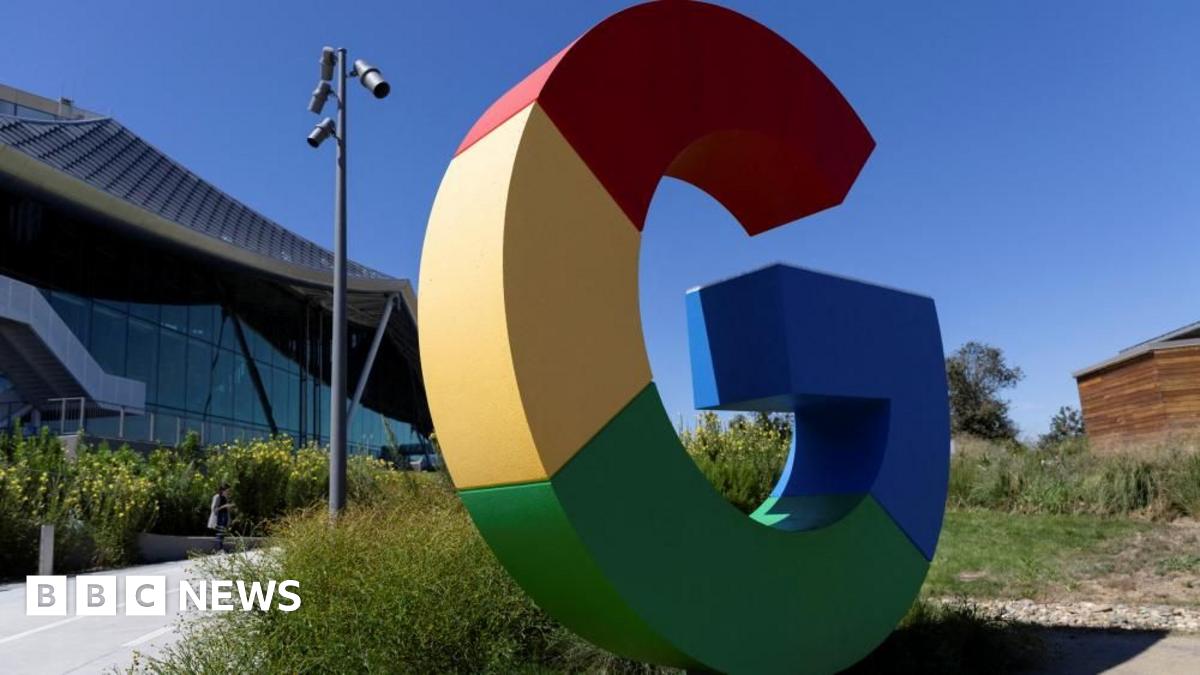Akio Toyoda, Toyota Motor’s chairman, has never been a huge fan of battery electric vehicles. Last October, as global sales of EVs starting to slow down amid macroeconomic uncertainty, Toyoda crowed that people are “finally seeing reality” on EVs. Now, the auto executive is doubling-down on his bearish predictions, boldly predicting that just three in ten cars on the road will be powered by a battery.
Toyoda, who is also the grandson of founder Kiichiro Toyoda, made his forecast during a business event earlier this month. His remarks were uploaded to the company’s media platform on Tuesday.
“The enemy is CO2,” Toyoda said, proposing a “multi-pathway approach” that doesn’t rely on any one type of vehicle. “Customers, not regulations or politics” should make the decision on what path to rely on, he said.
The auto executive estimated that around a billion people still live in areas without electricity, which limits the appeal of a battery electric vehicle. Toyoda estimated that fully-electric cars will only capture 30% of the market, with the remainder taken up with hybrids or vehicles that use hydrogen technology.
Toyota has generally lagged its competitors in aggressively pushing electric vehicles. The Japanese company has previously pledged to offer a line-up of 30 battery-powered EVs by 2030; by comparison, Volkswagen plans to offer 70 all-electric models by 2030, and BMW wants to increase its delivery share of all-electric vehicles to 50% over the same period. Bloomberg estimates that 44% of passenger cars on the road will be EVs by 2040.
Shareholders criticized both Toyota and its chairman for the company’s slow transition to EVs. Toyoda stepped down as CEO in January 2023, handing over to then-Lexus president Koji Sato, who has more readily embraced battery technologies.
Yet Toyoda may now be feeling vindicated as EV adoption slow worldwide, and as sales of the company’s hybrids boom. Sales of hybrid vehicles for the world’s top carmaker increased by 30% in the first 11 months of 2023, hitting a cumulative 3.1 million.
Toyota in November credited hybrids and plug-in hybrids like the RAV4, Corolla and the Yaris for strong sales in both North America and Europe.
Growth in the U.S. EV market is slowing, according to a recent report from Cox Automotive. Federal tax credits will also apply to a smaller pool of electric vehicles this year, thanks to new rules from the Biden administration that will exclude models with Chinese-made battery parts.
Even China, where consumers have flocked to affordable EVs, is expected to report slower adoption in 2024, which analysts attribute to an uncertain economy. Toyota’s sales in the country grew 17% year-on-year in China in November, but like many of other non-Chinese manufacturers, the Japanese automaker is losing ground to domestic brands.
A slower pace of EV adoption could soon end up being the global trend. “You can’t double every year,” Charles Lester, a data manager at research firm Rho Motion, told Reuters earlier this month.
Credit: Source link











